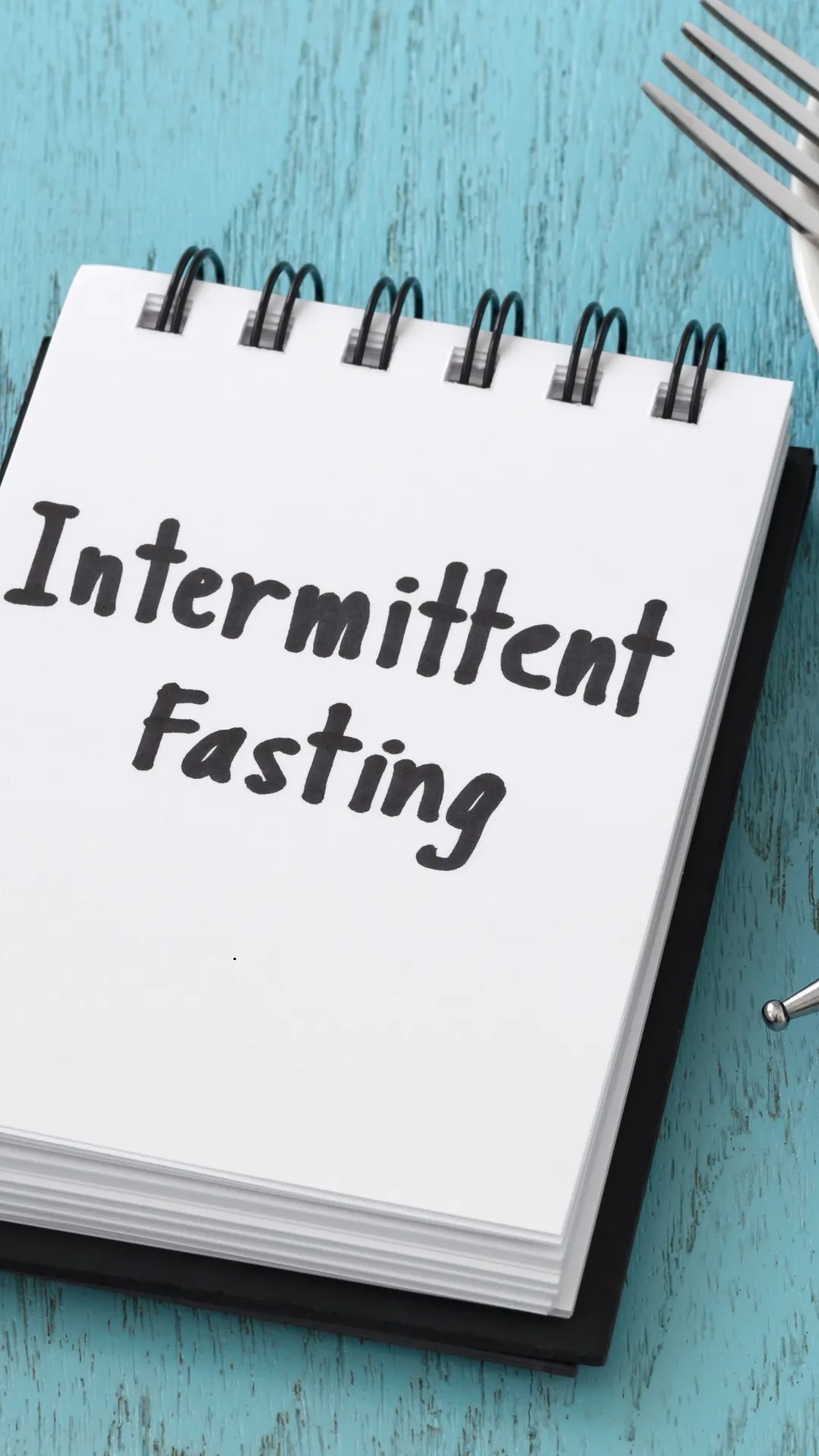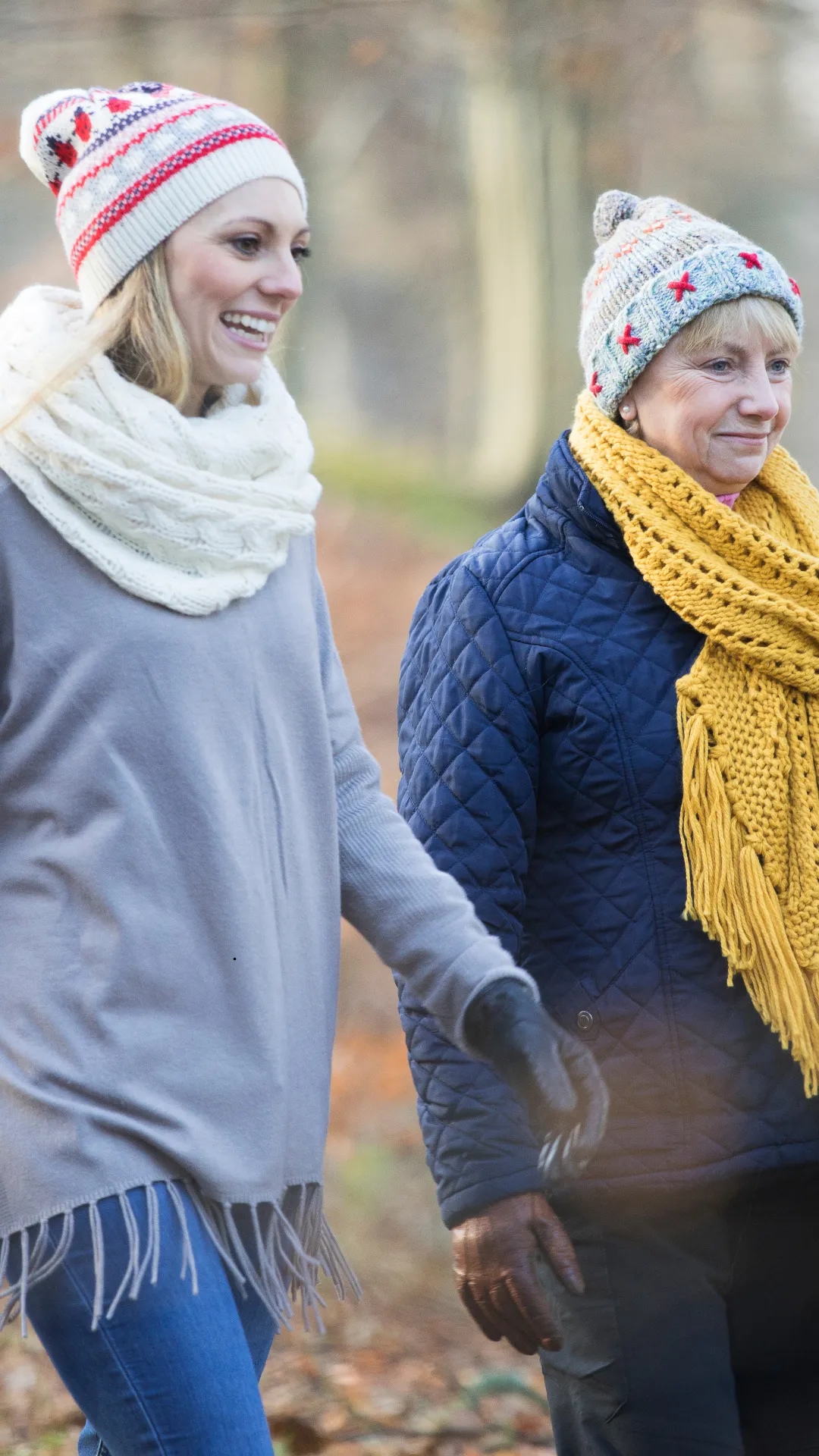
7 Powerful Brain Exercises to Strengthen Your Parietal Lobes
"Taking care of your unique brain will contribute to your living a happier, healthier, more memorable life"- Dr Daniel Amen, Neuroscientist and Psychiatrist
Have you ever found yourself getting lost in familiar places, struggling to parallel park, or fumbling when trying to catch a set of keys tossed your way? Maybe you've noticed difficulty reading maps, understanding directions, or even figuring out how to assemble a new piece of furniture. If any of this sounds familiar, your parietal lobes might be underactive.
The parietal lobes, located at the top, back part of the brain, are known as the “where pathway” because they help us know where things are in space. They help us navigate the world around us by tracking movement, understanding spatial relationships, and processing visual information. They also play a key role in maths skills, writing, and even the ability to differentiate left from right. When these areas of the brain are not functioning optimally, daily tasks can feel frustrating and overwhelming.
The Hope: Your Brain Can Change
Just like a muscle, your brain can grow stronger with targeted exercise. Even if you’ve struggled with spatial awareness, maths, or navigation in the past, you can improve these skills through consistent practice. Neuroplasticity - the brain’s ability to adapt and change - means that you can sharpen your mental abilities at any age.
I know this firsthand. I used to find Sudoku puzzles incredibly difficult, often feeling frustrated when I couldn’t see the patterns. But I stuck with it, and over time, I improved. Now, I actually enjoy doing a daily Sudoku puzzle, and I even keep a small book of them in my handbag for when I’m on a train or waiting for an appointment. What once felt impossible has become a fun challenge - and proof that practice truly makes progress.
Understanding the Parietal Lobes
The parietal lobes are responsible for a wide range of essential functions that help us navigate the world around us. They play a crucial role in spatial awareness, allowing us to understand where objects are in space and how they move. They also help with navigation by recognising landmarks and forming mental maps, which is why someone with a well-functioning parietal lobe can easily find their way in both familiar and unfamiliar environments.
Beyond navigation, these lobes support our mathematical abilities, enabling us to perform calculations and understand numerical relationships. They also assist with object rotation - visualising how things fit together or how they appear from different angles - an ability that comes in handy when assembling furniture or packing a suitcase efficiently. Hand-eye coordination is another key function, helping with tasks like catching a ball, parking a car, or using tools effectively.
The parietal lobes are also vital for reading comprehension, allowing us to process written language and follow directions accurately. Because these functions are so fundamental to daily life, any decline in the parietal lobes can lead to significant challenges. In fact, they are one of the first brain areas affected by Alzheimer’s disease, which is why individuals with cognitive decline may struggle with navigation, parking, assembling objects, or even dressing themselves correctly. Alarmingly, some people with impaired parietal lobes don’t recognise their difficulties and having GPS devices built into phones is making early intervention even more critical.
How to Give Your Parietal Lobes a Workout
The key to strengthening your parietal lobes is to engage in activities that challenge spatial awareness, coordination, and problem-solving. By consistently practicing exercises that stimulate these brain regions, you can sharpen your cognitive abilities and enhance everyday skills.
Here are some of the best parietal lobe workouts:
Maths Puzzles
Sudoku, mental maths challenges, and number-based games strengthen numerical processing skills. Engaging in these activities regularly can help improve your ability to calculate and problem-solve more efficiently.
Juggling
Juggling is an excellent way to improve hand-eye coordination and spatial awareness. The act of tracking and catching objects in motion stimulates the parietal lobes and enhances focus and dexterity.
Golf
Research shows that 40 hours of golf training can increase grey matter in the parietal lobes. The combination of precise hand-eye coordination, spatial judgment, and movement makes golf an effective brain workout.
Dancing
Learning new dance routines engages spatial memory and coordination. Following steps, keeping rhythm, and remembering movements challenge your brain while also providing physical exercise.
Playing a Musical Instrument
Reading and playing music activates multiple brain areas, including the parietal lobes. Whether you’re learning a new instrument or practicing a familiar one, this activity enhances spatial reasoning and auditory processing.
Map Reading
Instead of relying on GPS, try using a physical map to navigate new routes. Reading maps strengthens your brain’s ability to visualise spatial relationships and improves your sense of direction.
Puzzle Games
Activities like assembling furniture, jigsaw puzzles, or 3D brain teasers challenge your ability to rotate and fit objects together. These types of puzzles engage the parietal lobes and improve problem-solving skills.
The key to brain health is consistency. Just a few minutes a day engaging in these activities can create lasting improvements over time. Whether it’s picking up a Sudoku book, trying out juggling, or practicing directions without GPS, small actions add up.
You have the power to strengthen your brain at any age. The more you challenge yourself, the sharper your mind will become. So why not start today? Your future self will thank you.
Build a Sharper Mind - Together
Optimising your brain health is a journey, and you don’t have to do it alone. In the Sharp Minds community, you’ll find the support, accountability, and inspiration you need to stay on track - even when motivation dips. Join us and build the habits that keep your mind sharp, focused, and resilient for years to come. Learn more here.





